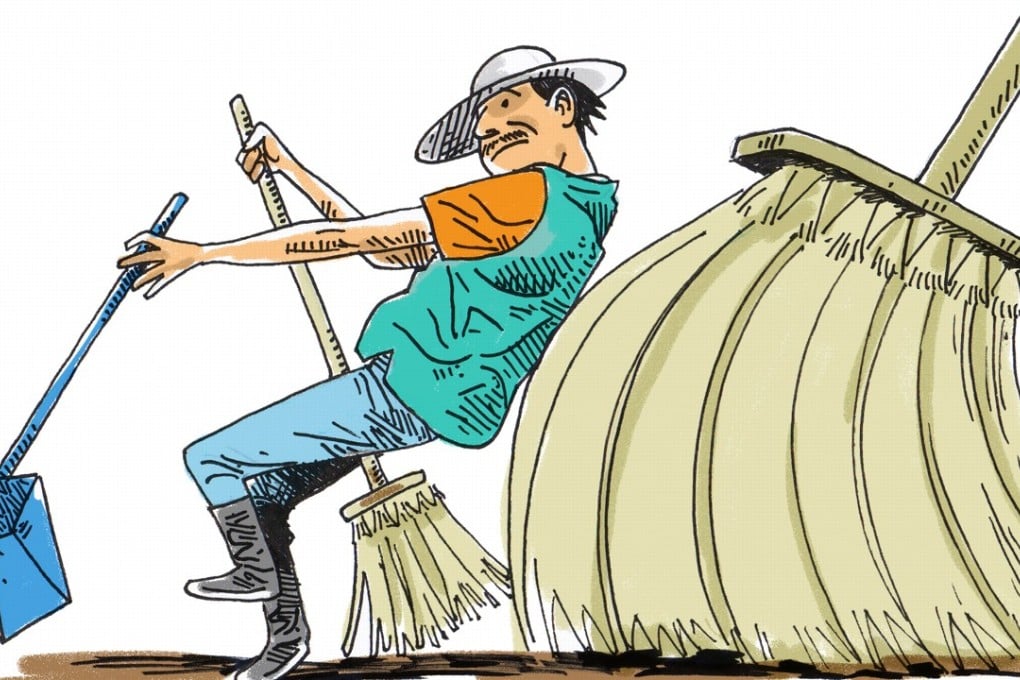Beijing’s cruel eviction of its migrant workers is a stain on China’s urbanisation drive
Audrey Jiajia Li says the rural masses who go to the cities in search of a better life do not deserve to be treated as disposable labour, particularly given their contribution to China’s development

The popular Chinese comedian Guo Degang tells this joke: a millionaire once claimed that while he couldn’t care for all the poor in the world, he would never turn a blind eye to people suffering from poverty in his neighbourhood. Later, he evicted them all from his neighbourhood and, sure enough, there have been no poor people there ever since.
In her 2012 science fiction story Folding Beijing, Chinese writer Hao Jingfang imagined a future Beijing divided into three spaces, where residents of different social classes share the same area in a 48-hour cycle: at the top, the ruling class of 5 million people occupy the space for 24 hours, after which the Earth’s surface would turn, moving residents of the second, then the third class up, and those 25 million middle-class people and 50 million low-class people would have the city for 16 and 8 hours respectively.
It’s hard for those of us who are comedy and science fiction lovers to believe that these stories would one day come close to reality.
A new expression – “low-end population” – went viral on social media. It was initially thought to be some kind of satire made up by internet users. That was before some seemingly official documents calling for action to “avoid the massive influx of the low-end population” and demanding “tight control of the low-end population” were revealed.